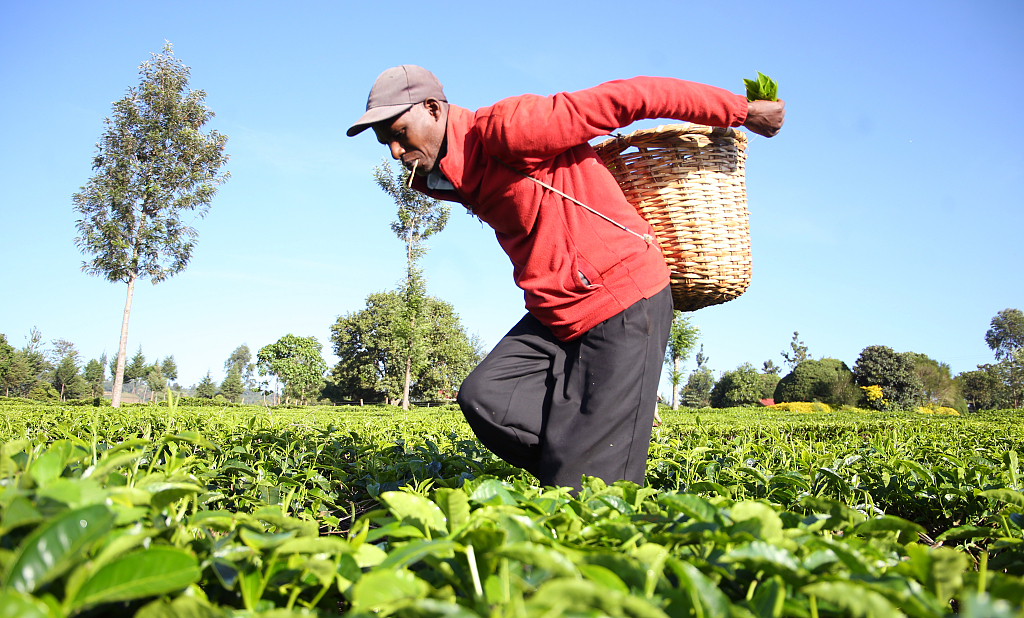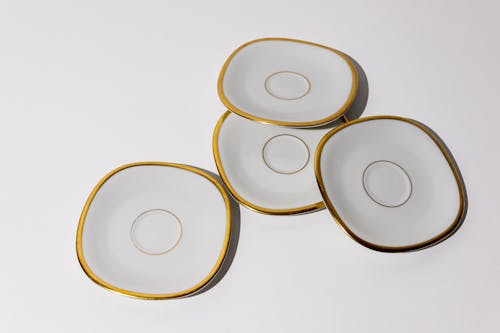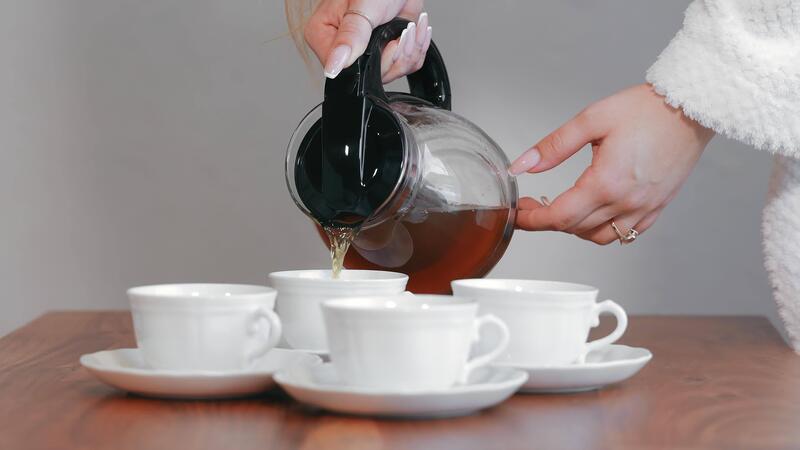Kenyan White Tea: The Rare Silver Needle Brew Reimagining Luxury Tea in 2025
Introduction: The Rise of Kenyan White Tea
In the ever-evolving world of tea, a new star is rising from the fertile lands of Kenya: Kenyan White Tea. Specifically, the Silver Needle variety is capturing the attention of tea connoisseurs and luxury beverage enthusiasts alike. As we move into 2025, this rare brew is not just a beverage; it's a statement of refined taste and an exploration of the unique terroir of Kenyan tea farms. Forget the traditional images of tea from China or India; Kenya is stepping onto the global stage with a white tea that's as distinctive as it is delicious.
What makes Kenyan White Tea so special? It begins with the meticulous harvesting of the youngest tea buds, covered in fine, silvery hairs. These buds are then carefully processed to preserve their delicate flavors and aromas. The result is a tea that's light, subtly sweet, and incredibly smooth, offering a drinking experience unlike any other. In this blog post, we'll delve into the fascinating world of Kenyan White Tea, exploring its origins, production, flavor profile, and why it's poised to become the next big thing in the luxury tea market.

The Origins of Kenyan White Tea
Kenya's journey into tea production began in the early 20th century, primarily focusing on black tea for the British market. However, in recent years, Kenyan tea farmers have begun to diversify, experimenting with different varieties and processing methods. White tea, with its delicate nature and high value, presented an exciting opportunity to showcase the potential of Kenyan tea beyond the ordinary.
The production of Kenyan White Tea is concentrated in the high-altitude regions of the country, where the cool climate and fertile soils provide ideal growing conditions. Farms like Gakundu Tea Factory and others in the Mount Kenya region have been pioneers in this endeavor, investing in the expertise and equipment needed to produce top-quality white tea. These farmers are not just growing tea; they are crafting a unique expression of Kenyan terroir, one that is quickly gaining recognition on the international stage.

The Art of Crafting Silver Needle Tea
Silver Needle tea, also known as Bai Hao Yin Zhen, is considered one of the most prized types of white tea. Its production is a delicate and labor-intensive process, requiring a high level of skill and attention to detail. Here's a glimpse into the journey from the tea bush to your cup:
- Harvesting: Only the youngest, unopened tea buds are hand-picked, typically during a short window in early spring. These buds are covered in fine, silvery hairs, which give the tea its name and contribute to its unique flavor profile.
- Withering: The freshly harvested buds are carefully withered, allowing them to air dry naturally. This process reduces the moisture content of the leaves and helps to develop their characteristic aroma.
- Drying: After withering, the buds are gently dried to further reduce moisture and prevent oxidation. This can be done using low heat or by sun-drying, depending on the desired flavor profile.
- Sorting: The dried tea buds are carefully sorted to remove any damaged or discolored leaves, ensuring that only the highest quality buds make it to the final product.
The entire process is designed to minimize oxidation, preserving the delicate flavors and aromas of the tea. This requires a high level of skill and experience, making Silver Needle tea a true artisan product.

The Exquisite Flavor Profile of Kenyan White Tea
Kenyan White Tea offers a flavor profile that is both delicate and complex. Unlike black or green teas, which can be bold and assertive, white tea is known for its subtle nuances and smooth, gentle character. Here's what you can expect from a cup of Kenyan Silver Needle:
- Aroma: The aroma is often described as floral and sweet, with hints of honey and fresh grass.
- Flavor: The flavor is light and refreshing, with a subtle sweetness and a smooth, velvety texture. Some tasters detect notes of melon, apricot, or even a hint of vanilla.
- Mouthfeel: The mouthfeel is typically very smooth and clean, with no bitterness or astringency.
- Color: The liquor is pale gold or straw-colored, reflecting the minimal processing of the tea.
The unique terroir of Kenya, combined with the careful processing methods, gives Kenyan White Tea a distinctive character that sets it apart from white teas produced in other regions. It's a tea that invites you to slow down, savor each sip, and appreciate the subtle complexities of its flavor.

Kenyan White Tea in 2025: A Luxury Experience
As we look ahead to 2025, Kenyan White Tea is poised to become a staple in the luxury tea market. Its rarity, exquisite flavor, and unique origin story make it a highly sought-after beverage for discerning consumers. Here are some of the trends we can expect to see:
- Increased Demand: As more people discover the unique qualities of Kenyan White Tea, demand will continue to grow, driving up prices and making it even more exclusive.
- Specialty Tea Shops: Look for Kenyan White Tea to become a featured item in specialty tea shops and high-end cafes around the world.
- Online Retail: Online retailers specializing in premium teas will offer a wider selection of Kenyan White Tea, making it more accessible to consumers worldwide.
- Luxury Tea Blends: Some tea blenders may incorporate Kenyan White Tea into their luxury blends, adding a touch of Kenyan terroir to their creations.
Beyond its exceptional taste, Kenyan White Tea also offers potential health benefits. White tea is known for its high antioxidant content, which can help protect against cell damage and reduce the risk of chronic diseases. It's also lower in caffeine than black or green tea, making it a good choice for those who are sensitive to caffeine.
Here's a simple table summarizing the key characteristics of Kenyan White Tea:
| Characteristic | Description |
| Origin | High-altitude regions of Kenya |
| Variety | Silver Needle (Bai Hao Yin Zhen) |
| Flavor Profile | Delicate, sweet, floral, with hints of honey and melon |
| Caffeine Content | Low |
| Antioxidant Content | High |

Brewing and Enjoying Kenyan White Tea
To fully appreciate the delicate flavors of Kenyan White Tea, it's important to brew it properly. Here are some tips for brewing the perfect cup:
- Water Temperature: Use water that is just below boiling, around 170-180°F (77-82°C).
- Tea-to-Water Ratio: Use about 1 teaspoon of tea per 8 ounces (240 ml) of water.
- Steeping Time: Steep for 3-5 minutes, depending on your taste preference.
- Multiple Infusions: Kenyan White Tea can be steeped multiple times, with each infusion revealing slightly different nuances in flavor.
When serving Kenyan White Tea, consider using a glass teapot or teacup to showcase its beautiful pale gold color. Serve it without milk or sugar to fully appreciate its delicate flavors. Pair it with light, delicate foods such as fruit, pastries, or salads.
In conclusion, Kenyan White Tea is more than just a beverage; it's an experience. It's a journey into the heart of Kenya's tea country, a celebration of the art of tea making, and a testament to the power of terroir. As we move into 2025, be sure to seek out this rare and exquisite brew and discover the magic of Kenyan White Tea for yourself.

So, raise a cup to the future of luxury tea, and let the delicate silver needles of Kenyan White Tea transport you to a world of pure bliss.
-Hot Water
Comments
Post a Comment